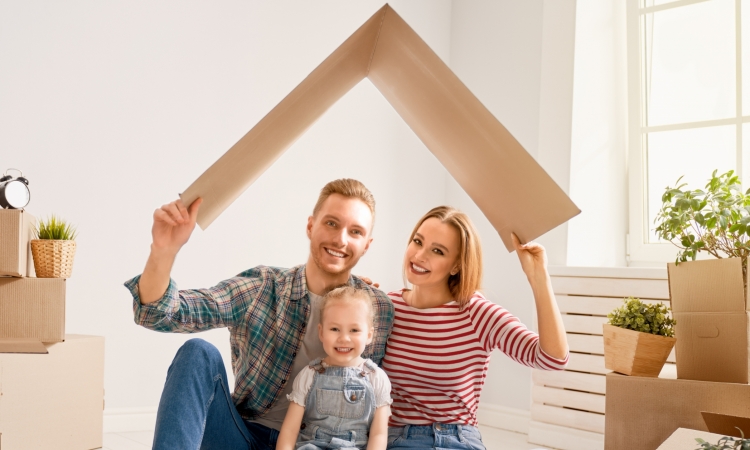Like it or not, people face several dangers and health hazards even as they relax in their comfortable homes. That’s because everyday life comes with its share of potential accidents and other unpleasant events and conditions. Older adults are aware of the very real possibility of falling down steps or tripping on tattered carpets.
Clutter is another physical obstacle that can lead to slips and falls.
Luckily, there are creative remedies that can minimize the negatives of owning a private home. What can you do to stay healthy and safe in your living space? Solutions include installing a lift, removing built-up clutter, getting a mold inspection, repairing worn carpeting, and taking advantage of neighborhood exercise equipment. Review the following tips to get started.
1. Remove Clutter
You don’t have to start living a minimalist lifestyle but getting rid of junk and clutter is a practical way to make any living space safer. At home falls are one of the most frequent accidents and account for millions of emergency room visits every year. Be sensible about cutting down on clutter by making a written plan. Don’t attempt to do it all in a day or two. Instead, devote 30 minutes per day to the task over the course of two or three weeks.
2. Install a Domestic Lift
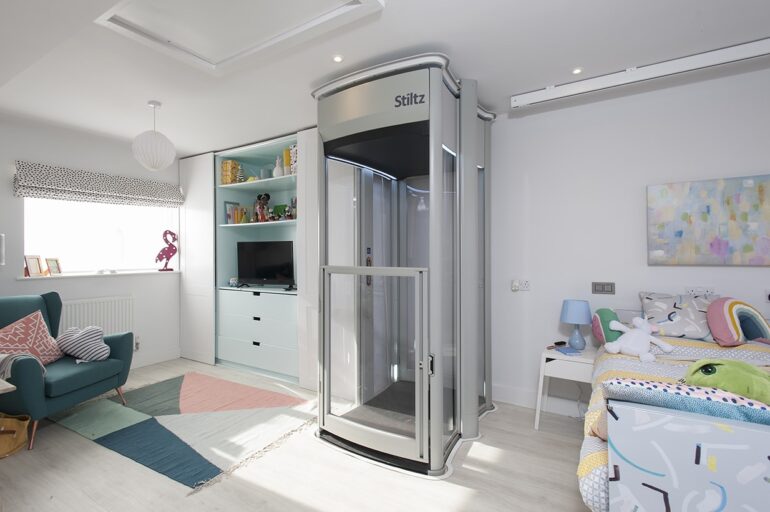
Those who install fancy domestic lifts in their homes get a lot for the effort. Not only do domestic lifts look great and add a touch of elegance to any space, but they also deliver a solid measure of safety to the mix. That’s particularly true for older and disabled residents who prefer to avoid staircases.
In many cases, the risk of falling is a very real hazard, and lifts remove it. There’s also the convenience factor of not having to trudge up steps dozens of times per day. Installing a lift is becoming more common as pensioners move to smaller living quarters but want to maximize the safety factor. For younger individuals, lifts add to the overall value of the property and make for a unique embellishment to otherwise mundane living rooms, studies, or kitchens.
3. Use Neighborhood Gym Equipment
The lucky owners who have access to nearby durable outdoor fitness equipment have a built-in advantage. Not only do they live in an area with excellent amenities, but they also get the chance to boost their health at the same time.
Using outdoor gym equipment is a fun, convenient way to breathe fresh air while getting in a daily workout. Look for equipment in local parks, on school grounds, at public recreation centers, and in green spaces. Keep in mind that outdoor gyms are free to use, are exceedingly sturdy, and give users a chance to focus on health any time of the day.
4. Get a Mold Inspection
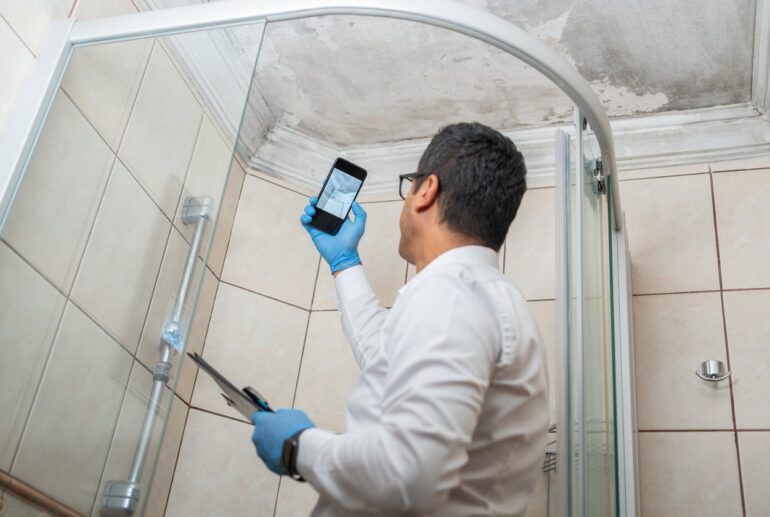
Hire a licensed professional to do a mold inspection in your living area. Based on the results, have the expert remove mold using approved materials and cleaning compounds. Many older houses are susceptible to dangerous mold buildup, which can lead to a wide variety of respiratory ailments and other kinds of health conditions. View the cost as an investment in your long-term wellness.
5. Invest in Home Security
Even if you feel completely secure in your home’s location, it would be amiss to ignore the need for home security. Keep in mind that many of the top tech gadgets for this type of project help to protect you and your home against much more crime.
Even a simple install of a door camera can help give you a real-time view of things like package deliveries and the perimeter of your property while you are away. Many homeowners find this especially helpful when they are away from home for several days and nights in a row.
Having the opportunity to check your door cam for something like storm damage can really help you to be informed and proactive.
6. Keep Living Things Around
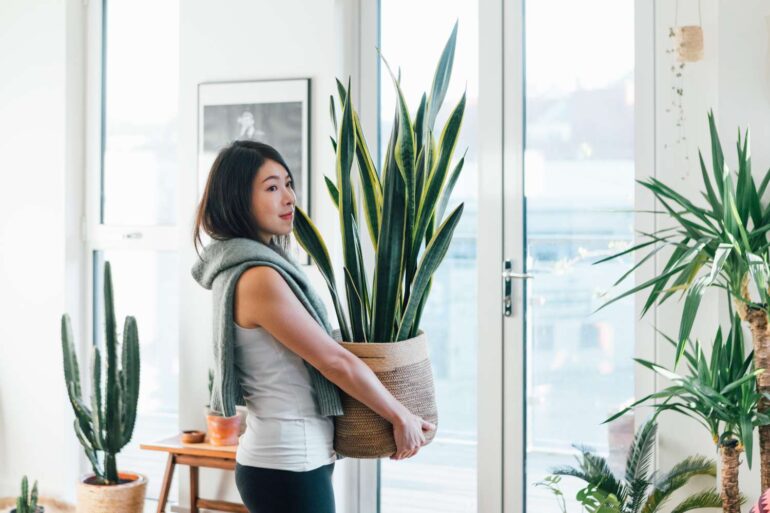
When it comes to houseplants there are typically two groups of people with not much grey area in between, those who have several and love the look and hobby of keeping plants alive, and those that not for lack of trying, could kill even a cactus. Regardless of which category you fall into, having living things in your home comes with too many benefits to ignore.
Spend some time researching the types of plants that would best suit your ability to care for them as well as the space you plan to keep them in inside your home. Many things like the amount of sunlight, temperature, and needed watering frequency will vary from plant to plant.
There are even types that will help to act as natural air purifiers, or aloe plants that can provide you with a natural remedy for common ailments like dry or sunburned skin or mild burns or cuts.
7. Prepare in Advance for the Elements
Knowing the weather patterns in the place where you live is a critical piece of successful home ownership. It doesn’t matter if you are a first-time buyer or have decades of ownership under your belt, you need to be prepared in advance for the work that will come along with the weather in your location.
If you live in a climate where fall brings a significant amount of leaf fall, it’s smart to be prepared in advance with not only tools such as rakes and leaf bags but also information on what to do with your bagged leaves once collected. Some neighborhoods have scheduled pick-ups while others require homeowners to drop them off at a certain location.
Either way, having this information handy in advance of needing can eliminate a huge amount of stress.
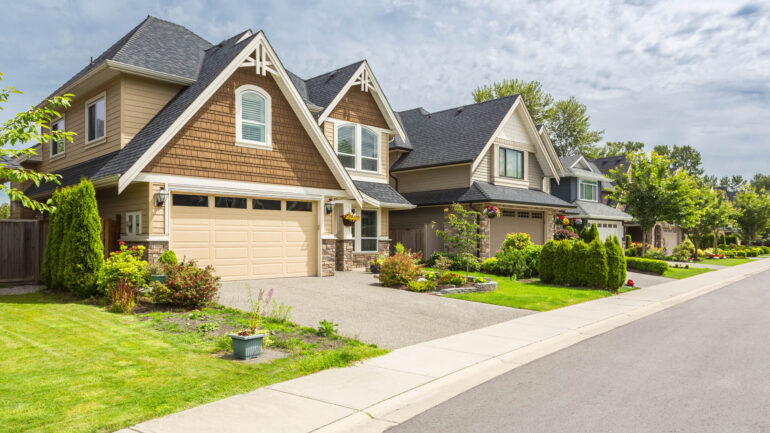
8. Have a General Knowledge of the Goings-On
Every neighborhood has that one neighbor, the nosy parker, the one who always knows everything about every despite never having been told firsthand any of this information. The suggestion here is not to become that person, but rather to familiarize yourself with the sights and sounds that are common to your area.
This might not seem completely necessary, but every home and location will have its own unique soundtrack and the sooner you learn yours the safer you will feel when a random squeal in the night can be trusted to simply be your refrigerator and not a cause for concern.
Even the sounds that your neighbor’s dog makes can soon become white noise if you are quick to learn the difference between a playful pub and a dog in distress.

